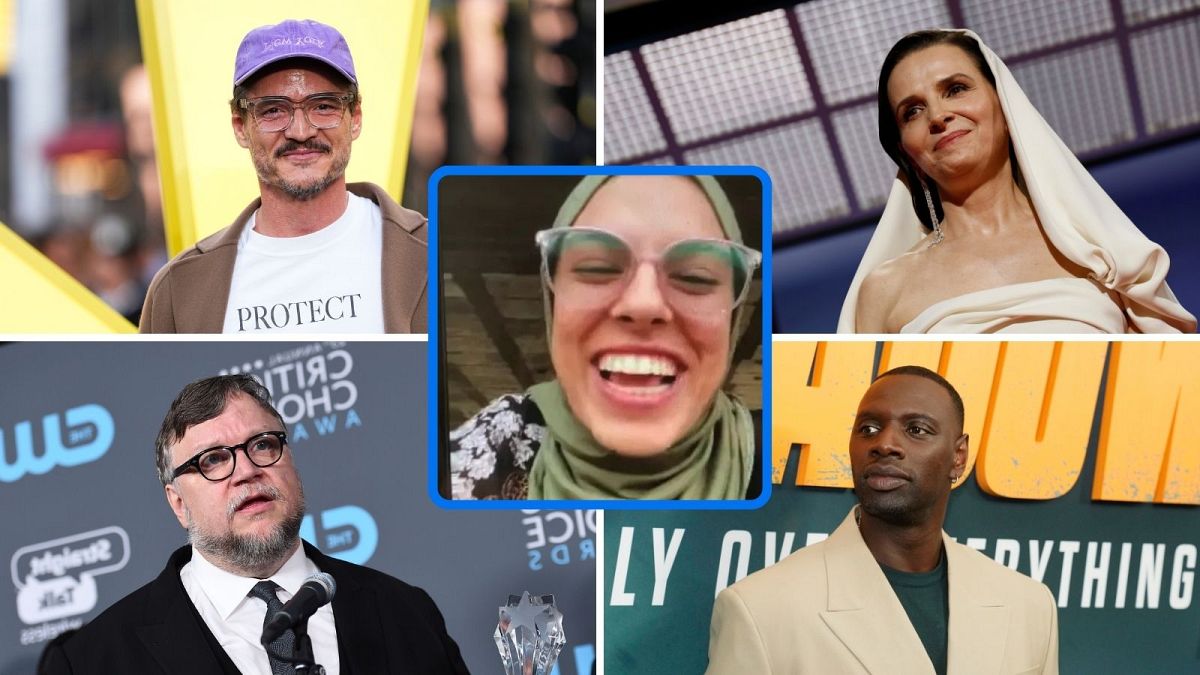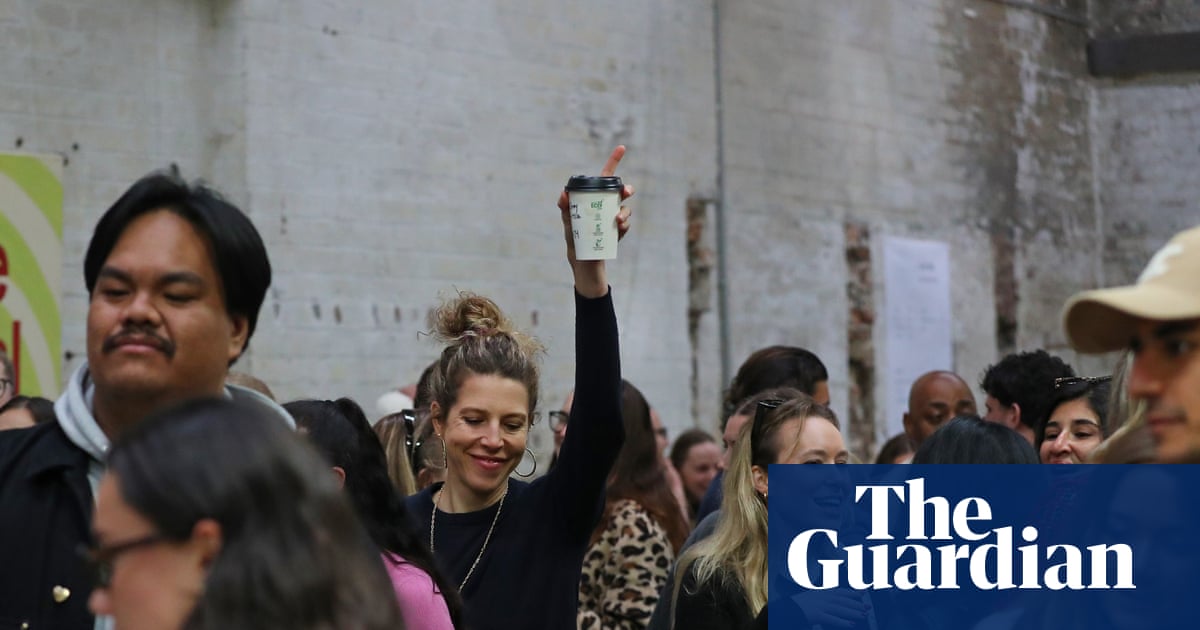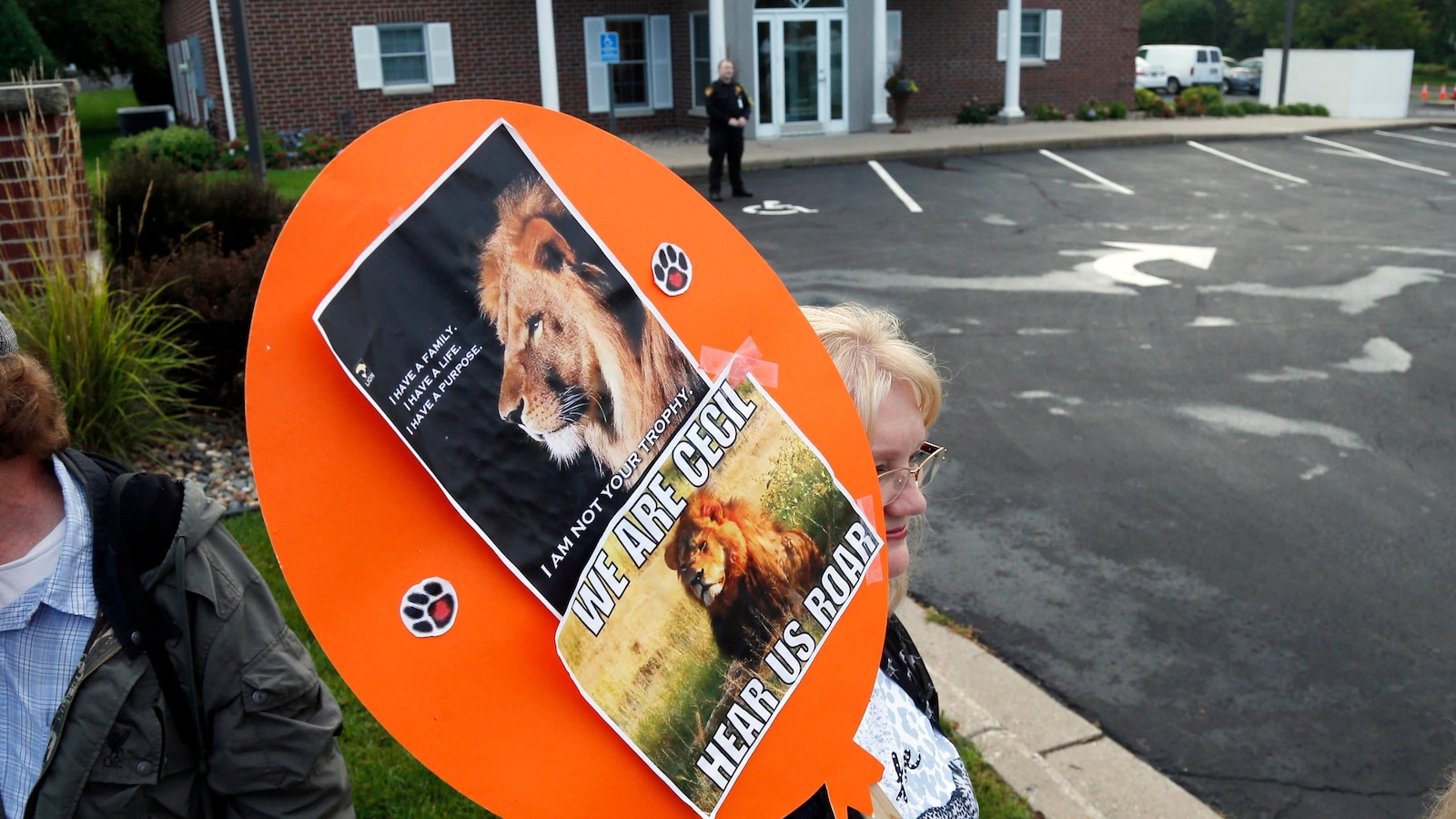International Film Community Unites to Condemn Violence Against Palestinian Photojournalist

In a powerful display of solidarity, over 350 prominent figures from the global film industry, including actors, directors, and producers, recently signed a poignant letter condemning the tragic killing of Fatma Hassona, a 25-year-old Palestinian photojournalist. This letter was publicized on the opening day of the prestigious Cannes Film Festival, a significant event in the cinematic calendar that attracts attention from around the world.
Fatma Hassona's untimely death occurred last month during an Israeli airstrike that targeted her family home in northern Gaza, an incident that also claimed the lives of ten of her relatives, including her pregnant sister. This devastating loss unfolded just one day after Hassona's film, "Put Your Soul on Your Hand and Walk," was announced as part of the ACID selection at Cannes, emphasizing the stark contrast between her rising career and the violence that cut her life short.
The letter, which gained traction in both the French newspaper Libération and the American publication Variety, features signatures from notable figures such as Pedro Almodóvar, Ruben Östlund, Ralph Fiennes, Susan Sarandon, and David Cronenberg. Together, they expressed their outrage over what they termed a genocide in Gaza, stating, “We cannot remain silent while genocide is taking place in Gaza.” The letter highlights an urgent call to action within the film community, urging filmmakers to utilize their art to reflect on historical injustices and to stand in solidarity with oppressed voices.
The collective sentiment of shame over the perceived passivity of the film industry regarding the ongoing violence in Gaza has prompted an additional wave of signatories. Sixty more artists, including this year’s Cannes jury president Juliette Binoche, Pedro Pascal, and acclaimed director Guillermo del Toro, have also added their names to the letter. Their support reflects an alarming recognition that the silence surrounding these events must be broken. Other prominent figures joining this initiative include Riz Ahmed, Jim Jarmusch, and Michael Moore, echoing the urgent need for the arts to engage with pressing global issues.
Fatma Hassona, who had dreams of marrying her fiancé, was part of a community that has faced increased violence and oppression. Since the tragic escalation of violence observed on October 7, 2023, the Gaza Strip has been largely inaccessible to foreign journalists, hampering reporting efforts and obscuring the humanitarian crisis unfolding there. The letter serves as a grim reminder that over 200 journalists have been killed in the conflict, highlighting the targeted violence against those who dare to document reality.
The message of the letter extends beyond the tragedy of Hassona’s death; it aims to confront the broader issue of the film industry’s engagement with sociopolitical issues. The signatories lamented the indifference that often permeates creative spaces, questioning, “What is the point of our professions if not to draw lessons from history?” They emphasized that artists have a duty to raise awareness about the struggles faced by oppressed communities and to resist the normalization of violence and injustice.
On the political front, French Minister of Culture Rachida Dati weighed in on the conversation during a Cultural Council meeting in Brussels. She acknowledged the vital role of artists in addressing societal issues and underscored the importance of creative freedom amidst rising censorship pressures. Dati stated, “Culture and politics go hand in hand... we have to commit to this freedom of creation, we have to prevent obstacles to the freedom of creation.” She expressed hope that the cultural sector would continue to mobilize in the face of such challenges, reinforcing the idea that art has the potential to inspire change.
As the global community reflects on the significance of this collective statement from the film industry, the call to action remains clear: artists and cultural figures must not shy away from addressing the harsh realities faced by vulnerable populations, ensuring that the messages of those like Fatma Hassona do not fade into silence.




























